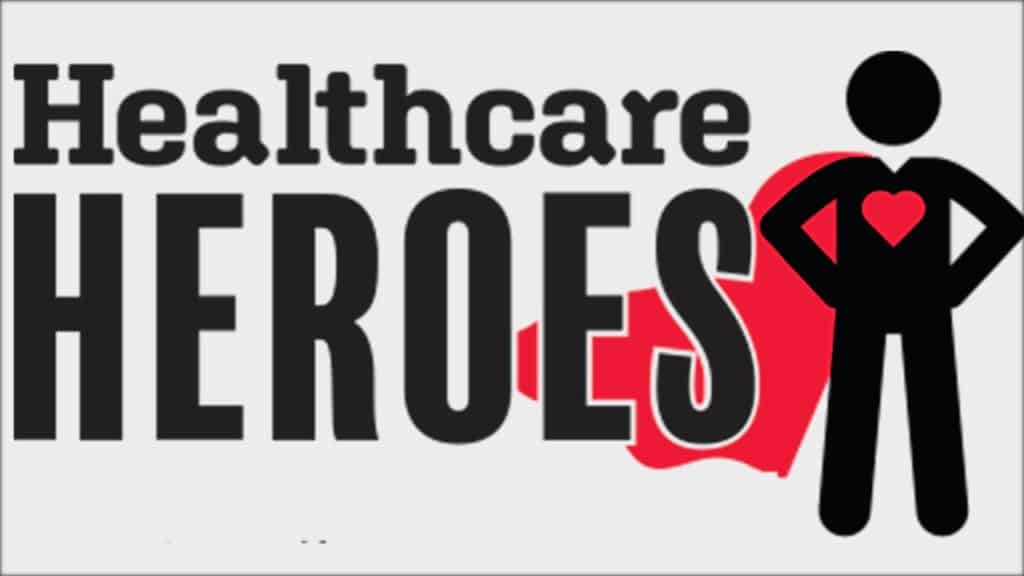
When I was growing up, some of the people I admired most were physicians. I knew they made people feel better and they felt like heroes to me. As I got older and recognized the intelligence and commitment it required, my admiration only grew. In nursing school, I started to see the specific qualities that stood out in those who were my ‘favorites’. I still had a great appreciation for their intellect and dedication, but there was much more to the physicians who stood above the rest.
Humility was one of those intangible skills I valued. The humble physicians were not too proud to ask the nurses about their observations or concerns regarding a patient. They were more approachable by colleagues, other health professionals, and families – which led to them having better information when making critical decisions. Maybe most important is that they had a drive to always improve. They knew we could do better. Those are still the physicians that I seek in my personal and professional life.
Their approach has nothing to do with ego or confidence. It actually takes a great deal of confidence to admit we don’t have all the answers. Our society often treats physicians like they are, or should be, experts at everything. That isn’t practical or fair – especially in an imperfect science like medicine. I can understand why some are defensive or concerned when admitting a need to improve. It makes the ones who are willing to say it that much more courageous.
Families don’t expect superheroes who come in wearing capes, ready to save the day. Maybe the first thing we need to do is show our health professionals that we want to be part of the team and work with them to improve. This doesn’t mean we can’t and shouldn’t hold them to a high standard – but part of that standard should be wanting to do better and being willing to ask for help from the people most invested and knowledgeable about the patient – the patient and family.
What would that look like? I would ask providers to do four things:
- Listen to and work with the patients to create a plan that makes sense for the situation and their goals.
- Be honest about the information you have and don’t have that could impact this decision-making process.
- Admit that we don’t have all the answers, but come up with a plan to find the answers or work around that obstacle as best as possible.
- Advocate for patients when you – in partnership with the patient – have identified a best course of action for them.
We have often talked about the need for obstetric practice to change and reflect some of these elements. The American Congress of Obstetrics and Gynecology (ACOG) has recently released an updated guideline for its members regarding Management of Stillbirth. I want to thank the committee that led this effort and considered many of the studies and issues that have been raised by health professionals and families. We are happy to have a document that outlines the importance of evaluating these deaths, providing quality bereavement care, and addressing the increased risk in subsequent pregnancies. One change that is greatly appreciated by thousands of loss families is the ability to consider the family’s emotional health when discussing the timing of delivery in subsequent pregnancies.
As encouraging as this is, I am asking ACOG to keep going.
We need their leadership to encourage more research into stillbirth prevention and to consider protocols from other countries that are having dramatic effects. I would love to see the section on prevention opportunities be even larger than the postmortem or bereavement sections.
Most parents understand that obstetricians and midwives don’t have a magic wand to eliminate everything that could go wrong. But they will continue to be our heroes if they listen to our concerns, are honest with us about what is happening during these pregnancies, work with us to navigate the risks that don’t have an easy answer, and fight for us to get the care we need.
Any provider who does that has full super-hero status in my mind. I’m fortunate to know many, many super-heroes. I hope I can continue to meet many more.

Add your first comment to this post